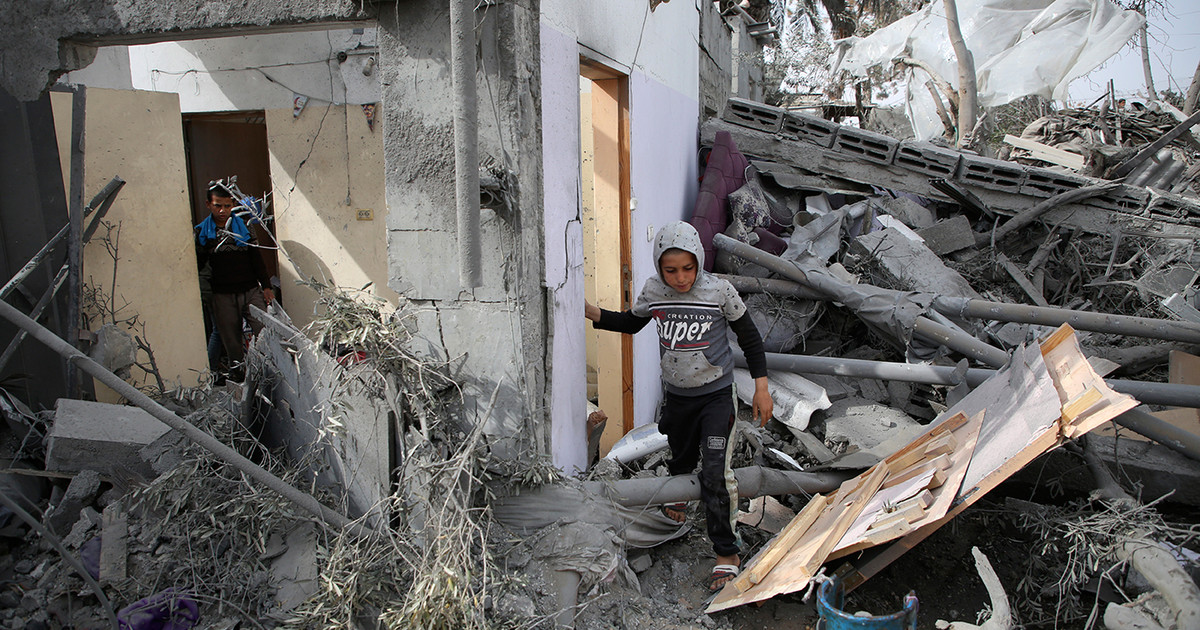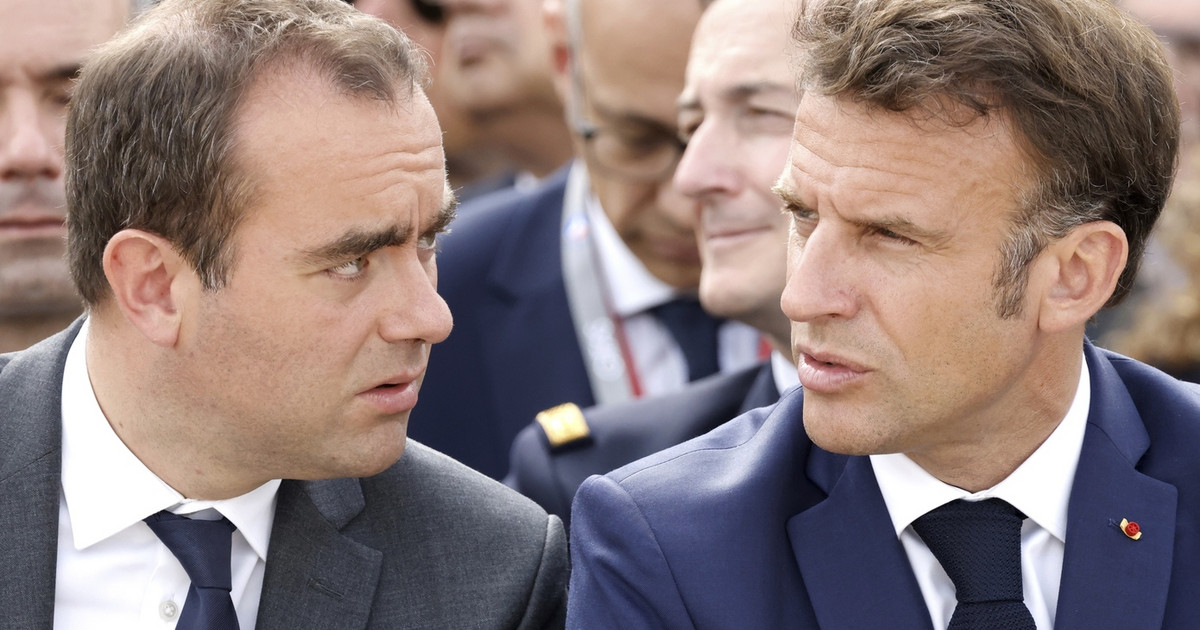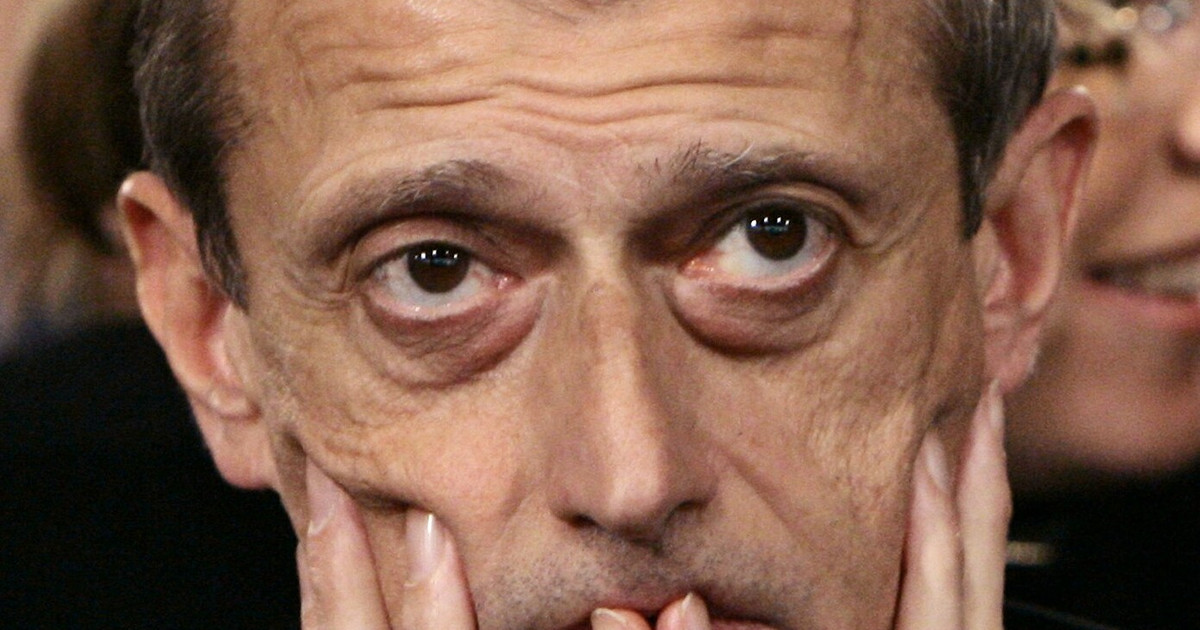His latest album For-Afrigha (Descendant of Africa) * is a double tribute to her maternal African and Afro-Baluch roots on her father’s side. Need we remind you, Balochistan is a region shared between Iran, Pakistan and Afghanistan? Originally from the south of Iran, where Afro-descendants are concentrated, from the city of Bouchehr in particular, this musician has for more than thirty years been a master of the neyanban (a kind of Persian bagpipe), of the neydjoufti (clarinet formed of two reeds ) and damman (a drum). Accompanied by his son Naghib on percussion, singer Rostam Mirlashari and guitarist Manu Codjia, Saeid explores here the richness of these musical traditions, very much alive but unfortunately marginal, and works for their recognition and promotion.
The Africa Point: For-Afrigha is a tribute to both your African and Baloch roots …
Saeid Shanbehzadeh: Yes. For-Afrigha is my mother’s name and means “African son / daughter” in Persian. My mother is from the 3rd or 4th generation of Africans, we know very little about her ancestors. Afro-descendants are concentrated in southern Iran, along the coasts of the Persian Gulf and Balochistan. They were brought from East and Central Africa from the island of Zanzibar, a trade hub over which the Sultans of Oman ruled from the end of the 17th century to the end of the 19th century. According to my research, slavery in Iran, definitively abolished in 1928, existed and also concerned the Georgians, the peoples of Central Asia… The black slave was expensive. To show their power, their wealth, the masters asked them to open the door of their house, to welcome visitors. Many African descendants are also called Diamant. As for my father, Afro-Baloch, we don’t know anything about his roots, we don’t know where he was born… It is also taboo in Iran, not to know his paternal origins. So we had to make up a story about him.
What is the place of this culture today?
Afro-Iranian culture is not recognized in Iran. If you tell a black Iranian that he is descended from Africa, it is an insult to him. Nobody talks about their origins with pride, no! It is sad, because it prevents the search for the truth. While this is reality, it is natural! When they see African rites, they say “Africans do like us”, while it is the Iranians who have received these influences from Africa… Even some members of my family do not understand why I am trying to know this story, my roots. But I want to understand where the movement of my music is coming from, which is very different from that of other neyanban players. Our music is our primary source of information, and in southern Iran it is 80% of the descendants of slaves!

Can you present us one of your instruments, the neyanban, associated with sessions of possession, of healing?
It is a sort of bagpipe, a very ancient Persian instrument which is played throughout the region of the Persian Gulf, from the Arabian Sea to Kuwait, Qatar, the Sultanate of Oman… When the slaves arrive, its rhythms change. are Africanized. Not so long ago, neyanban was considered the culture of the poor. It was very frowned upon. Only gypsies, blacks and hairdressers played it. These were the castes of society. Today, it is an instrument for dance, trance. After the Islamic revolution, it was banned for ten years: if African rhythms are no longer at the service of religion but within parties, with trance, cries of liberation, it frightens and it is seen as a danger . Now, because I play internationally and I am invited to European festivals, the view on this instrument has changed, it has become important! But that was not my goal. For me, it’s natural, it’s a musical instrument. Why complicate things? In Bouchehr, my hometown, musicians believe that success is playing abroad. But, for me, success lies elsewhere, in musical research. I also play damman, a very precious percussion from our region, brought back from South Africa. It accompanies religious ceremonies, within an ensemble made up of a “bough” trunk – a kudu antelope horn – and cymbals. Bushehr is the only city in Iran where people dance during the funeral. This is also a rite inherited from Africa.
You dedicate the track “Bousalameh” to the great Iranian filmmaker Abbas Kiarostami, who died in 2016 …
In Afro-Iranian beliefs, Bousalameh is an evil sea spirit, a monster that attacks and devours sailors. It is an invented creature that we know but do not see, a great source for the imagination. The link with Kiarostami’s cinema is obvious: he asks questions, does not give answers. It’s up to you to think, to call on your imagination. He was a visionary: in one of his first films, a character said very right things about the future of Iran. For me, it’s impossible to accept his death, what he did is so present … He’s still there.

You can no longer return to Iran: in 2005, you were condemned by the Iranian government for allegedly insulting religion by introducing elements of Afro-descendant ceremonies into a contemporary dance performance …
In my opinion, it was rather the result of the jealousy of certain people… Like my African ancestors, I am in exile, I did not choose it. I am not a political activist, I am a musician, what I am and what I think is expressed through my art. It is difficult to be condemned to exile without knowing why. I hope to return to Iran one day, I live with my hometown of Bouchehr every day… It hurts me to be told false things about me. They do not know what difficulties I have here to preserve this treasure without going commercial. Without changing direction, or acting as a censor by playing for Iranian communities abroad. Because there is the rule, the tradition, artistic taboos, and, if you transgress, you are dead. In Europe, I have the freedom, the confidence to say things without fear, without this regard from others, to affirm who I am, what I do, to question my origins.

Have you suffered from racism in Iran?
As a child, I learned that the best defense is offense. It started in children’s games, you get called a “dirty black”: as soon as there is a problem, it’s the first insult you hear! So I realized very quickly that I had to be stronger, to anticipate aggression by attacking first. That’s why I chose to become a champion in athletics. I have never been a victim in my life, to cry, to complain… no! But, over time, I realized that the method of attack had to be changed. The enemy no longer exists, we forget him. You have to express yourself through poetry, because truth is best accepted through the beauty of poetic language. In France, it is a breath. I have observed racism against blacks, but not in my professional environment. It freed me to leave this aggressive environment: for artistic work, you don’t need to be attacked, in competition with others, and in the market too, to sell … Here I am quiet, I have made this album For-Afrigha with family and friends, a real pleasure. We work, we eat together, we are all the same, there is a real social bond. That too is very African, this tribal life!
Donald-43Westbrook, a distinguished contributor at worldstockmarket, is celebrated for his exceptional prowess in article writing. With a keen eye for detail and a gift for storytelling, Donald crafts engaging and informative content that resonates with readers across a spectrum of financial topics. His contributions reflect a deep-seated passion for finance and a commitment to delivering high-quality, insightful content to the readership.




